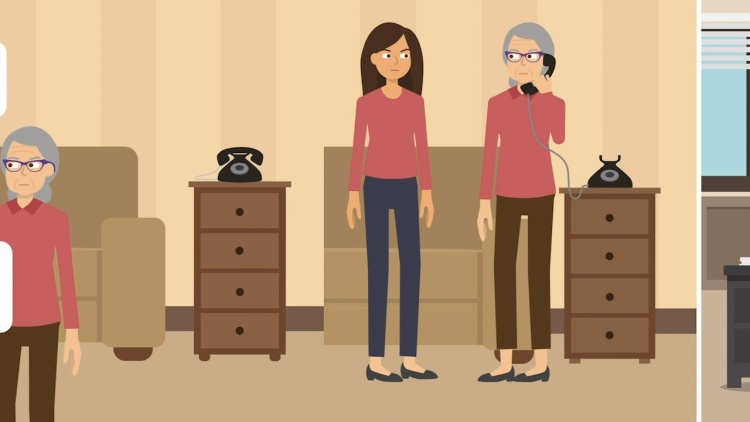Chambers v. American Trans Air, Inc.
Indiana Court of Appeals
577 N.E.2d 612 (1991)
- Written by Robert Cane, JD
Facts
Becky Chambers (plaintiff) worked for American Trans Air, Inc. (ATA) (defendant). She was supervised by Laura Knowles and John Piburn (defendants). Chambers resigned after about five years with the company subsequent to a dispute over working conditions, and she sought new employment. During her employment search, Chambers listed Knowles and Piburn as references. ATA policy was to refer employee reference inquiries to the personnel department. Chambers was unsuccessful in obtaining new employment. She suspected ATA was providing negative references to prospective employers due to an animosity that existed between herself and Knowles, so she enlisted her mother and boyfriend to call ATA, pretend to be prospective employers, and attempt to speak to Knowles and Piburn directly. Chambers’s mother spoke with Knowles who gave lukewarm approval of Chambers but said Chambers “did not get along well with other employees.” Chambers’s boyfriend spoke with Piburn who made several negative comments about Chambers such as calling her “a troublemaker.” As a result, Chambers filed an action for defamation against ATA, Knowles, and Piburn. ATA, Knowles, and Piburn moved for summary judgment, which the court granted. Chambers appealed to the Indiana Court of Appeals.
Rule of Law
Issue
Holding and Reasoning (Rucker, J.)
What to do next…
Here's why 907,000 law students have relied on our case briefs:
- Written by law professors and practitioners, not other law students. 47,100 briefs, keyed to 996 casebooks. Top-notch customer support.
- The right amount of information, includes the facts, issues, rule of law, holding and reasoning, and any concurrences and dissents.
- Access in your classes, works on your mobile and tablet. Massive library of related video lessons and high quality multiple-choice questions.
- Easy to use, uniform format for every case brief. Written in plain English, not in legalese. Our briefs summarize and simplify; they don’t just repeat the court’s language.





